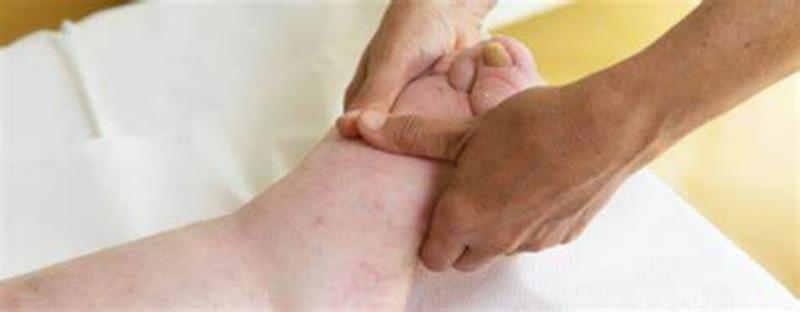Lymphatic Massage

Have you ever considered the role our lymphatic system plays in overall health and wellness? The lymphatic system is a critical system in out body's immune response and fluid balance. Among the many therapeutic approaches to support this system, lymphatic massage stands out.
30 min $50| 45 min $75 | 60 min $100 | 75 min $125 | 90 min $150
Schedule Now
What is Lymphatic Drainage Massage?
Lymphatic Drainage massage is a specialized massage technique that focuses on stimulating the lymphatic system to improve the flow and drainage of lymph fluid. The lymphatic system is and intergral part of out immune system, responsible for the removal of waste and toxins from the body tissues. Lymphatic massage, through gentle, rhytmic movements, aids inthe promotion of lymph flow, reducing swelling, and enhancing the body's natural detoxification process.
Ther procedure involves applying light pressure in slow, rhythmic motions to targeted areas, primarily focusing on the lymph nodes and the natural flow of the lymphatic system. Lymphatic massage follows a specific sequence over the body so lymph isn't pushed in the wrong direction. The techniques used int this massage are unlike those used in traditional massages. There is no deep tissue work or kneading involved. Instead, the therapis uses flat hands and fingertips to perform soft pumping motions, which stimulates the movement of lymph fluid around the body.
The importance of lymphatic massage extends to various therapeutic and preventitive health contexts. It is particularly beneficial for individuals who lead sedentary lifestyles or those who want to reduce puffiness or swelling. It has also proven helpful in post-operative care, specifically after cosmetic, orthopedic and general surderies, to control lymphedema (swelling caused by a blockage in the lymphatic system). Moreover, lymphatic massage can boost the immune system, alleviate pain, improve sikin health, and promote relaxation and stress reduction.
Benefits of Manual Lymphatic Drainage
Lymphatic massage offers numerous healt benefits, thanks to its unique focus on the lymphatic system. Here are the primary benefits that patients can reap from this therapeutic approach:
- Lymphedema management: Lymphatic massage is a proven way to treat lymphedema, a condition characterized by swelling due to lymph fluid buildup. By redirecting this excess lymph to functioning lymph nodes, lymphatic drainage massages can significantly reduce swelling and discomfort.
- Improved immune system function: By promoting the circulation of lymph fluid, lymphatic masssage aids the immune system in efficiently removing waste materials and fighting off pathogens. This leads to enhanced immune function and better overall health
- Post-surgical and injury recovery: Lymphatic massage can hasten recovery post-surgery or after injuries by reducing inflammation and swelling. It also promotes the healing of scar tissue and improves joint mobility
- Chronic conditions management: Conditions like rheumatoid arthritis, characterized by inflammation and joint pain, can benefit from lymphatic massage. It helps reduce pain and swelling and improve mobility.
- Cancer related complications: Lymphatic massage can help clients undergoing cancer treatment, noteably by alleviating lymphedema. However, you should consult your healthcare provider before introducing any massage therapy into your cancer treatment protocol.
- Relaxation and stress relief: With its gentle, calming strokes, lymphatic massage promotes relaxation and stress relief, contributing to improved mental and physical health
Conditions for which Manual Lymphatic Drainage Is Not Appropriate
There are some conditions when manual lymphatic drainage could cause serious health complications and should not be performed
- Acute cellulitis
- Untreated congestive heart failure
- Acute untreated deep venous thrombosis
- Fever
There are some conditions that may cause serious health complication and require a physician's approval
- Malignant disease (active cancer)
- Renal dysfunction (kidney disease)
